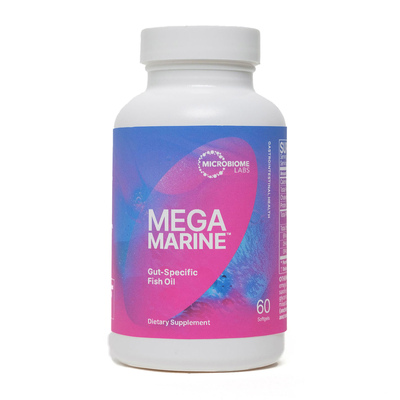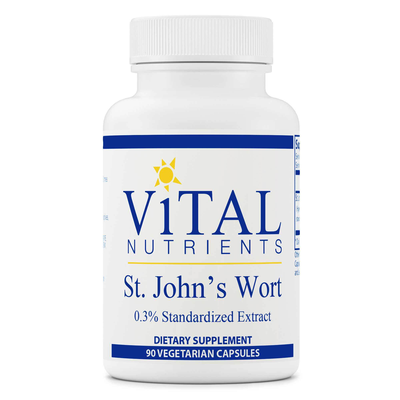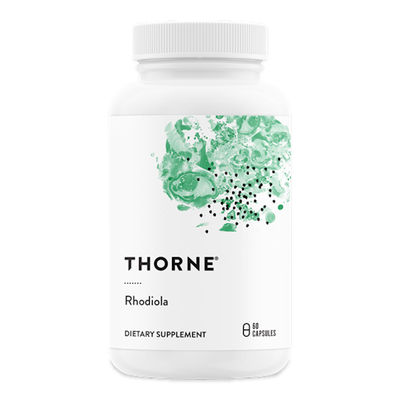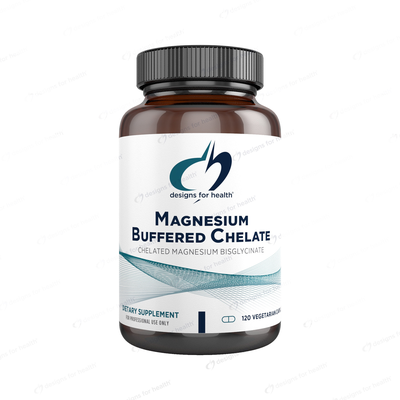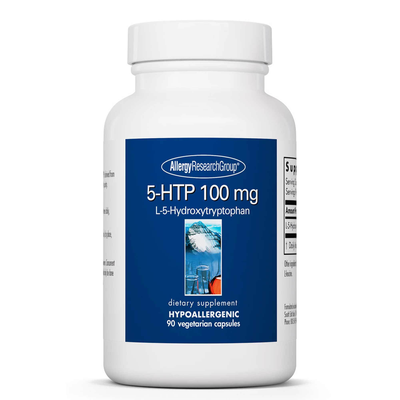MUSCLE3X
MOOD SUPPORT KIT
MOOD SUPPORT KIT
Couldn't load pickup availability
Overview
Fluctuations in mood are common and normal; however, prolonged disruptive patterns in mood can present themselves at various times in life. One of the most common mood conditions is that of depression or depressive symptoms, with an overall pooled prevalence cited at 27%. (28)
Specific populations may be more susceptible to these symptoms. Factors such as gender and age play a role in risk factors associated with depressed moods. (23) Depressed moods may be present in conjunction with other cognitive dysfunction such as anxiety, memory problems, and sleep disorders.
Depending on the individual patient’s needs, there are a variety of options to address their symptoms. Pharmaceutical interventions such as antidepressants are typically used to address prolonged periods of low mood or diagnosed depression. Supplements such as the herb St. John’s Wort (Hypericum perforatum) and 5-HTP have shown potential promising effects on mood symptoms. (11)(19) Omega-3 fatty acids are another option that might also have benefits on memory and sleep symptoms. (10) Moderating stress with an adaptogen such as Rhodiola can also play a role in assisting with mood function. (1)
The ingredients presented in the protocol below reflect research findings demonstrating the efficacy of herbs and supplements that might be used to support mood and associated symptoms.
St. John’s Wort
St. John’s Wort (Hypericum perforatum)
600 mg, total per day of 0.3 % hypericin and 1-4 % hyperforin standardized formula, minimum 6 weeks (2)(4)(5)(6)(7)
- Hypericum perforatum demonstrated similar efficacy to SSRIs for remission rate and HAM-D symptom scores after 4-12 weeks in patients with mild to moderate depression (3)(19)
- Improvement in relapse rates, Hamilton-Anxiety Scale, Beck Depression Inventory time courses, and greater overall improvement (Clinical Global Impressions (CGI) scale) was observed; additional potential for a prophylactic effect on symptoms in patients with chronic depression or depression alone (13)(15)(25)
- May have a similar magnitude of effect as antidepressant medications, including an increased memory for positive words, and a decreased ability to recognize disgusted faces or fearful faces (29)
Omega fatty acids
930-1400 mg EPA and 200-750 mg DHA, total per day, minimum of 12 weeks (4)(6)(11)(12)
- Dietary omega-3 polyunsaturated fatty acids may be related to a lower the risk of depressive symptoms (9)(17)(26)
- Increased plasma levels of EPA and DHA, as well as a higher EPA/DHA:AA ratio, may be correlated with improved remission rate (6)
- Omega-3 polyunsaturated fatty acids containing more than or equal to 60% EPA and a total of at least 1 gram per day improved mood symptoms and inflammatory markers (14)
- When provided as adjuvant therapy to sertraline, patients experienced improved mood symptoms, improved sleep, and reduced sensitivity to anxiety symptoms (10)
Rhodiola rosea
Rhodiola (Rhodiola rosea)
340 mg, total per day, minimum of 6 weeks (7)(16)
- May improve mood symptoms through improved cell response to stress and neuroendocrine-immune and neurotransmitter effects (1)
- Improved symptoms of insomnia, somatization, and emotional instability (7)
- A decrease in HAM-D score was observed with fewer adverse effects than sertraline (16)
- Improved self-rated symptoms for mood and anxiety, as well as decreased serum superoxide dismutase and malondialdehyde levels, suggesting improvements in oxidative stress (30)
Magnesium
Magnesium
250-500 mg equivalent of elemental magnesium, per day, for a minimum of 6 weeks (5)(21)(27)
- Magnesium chloride for two weeks reduced PHQ-9 scores by six points in adults with mild to moderate symptoms of depression (27)
- When given to elderly patients with type 2 diabetes and hypomagnesemia, magnesium chloride had similar outcomes to imipramine (5)
- After eight weeks, patients who received magnesium oxide at 500 mg total per day reported improved Beck Depression Inventory-II scores and normalized magnesium levels by 88.5% (21)
- A systematic review found dietary magnesium levels to be associated with lower depressive symptoms, and indicated possible use as adjuvant therapy (8)
5-HTP
5-Hydroxytryptophan (5-HTP)
100-400 mg per day, up to 8 weeks, either alone or with an antidepressant (1)(2)(22)
- A systematic review of 13 studies supported the use of 5-HTP for improving remission rate (0.65), as determined by questionnaire results (12)
- Patients receiving L-5-hydroxytryptophan (73%) experienced similar improvements in HAM-D mood scores compared to those receiving fluoxetine medication (80%) for two to eight weeks following their first depressive episode (11)
- Patients receiving chlorimipramine with concomitant L-5-HTP (vs. placebo) experienced greater improvements in HAM-D mood scores after 28 days (18)
Share
